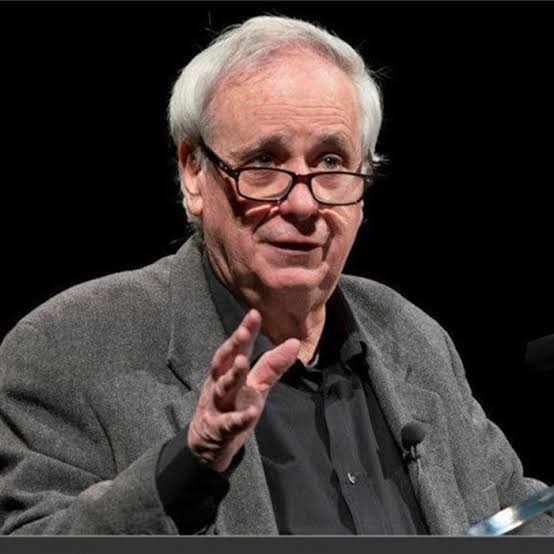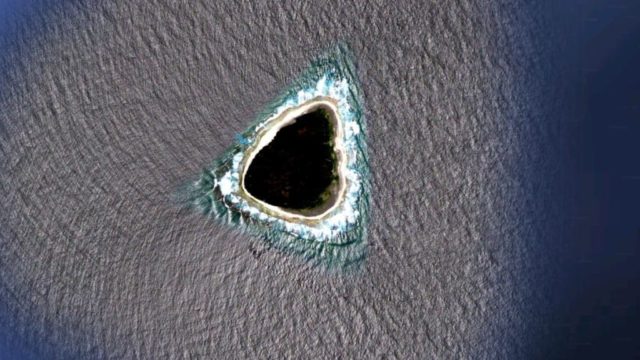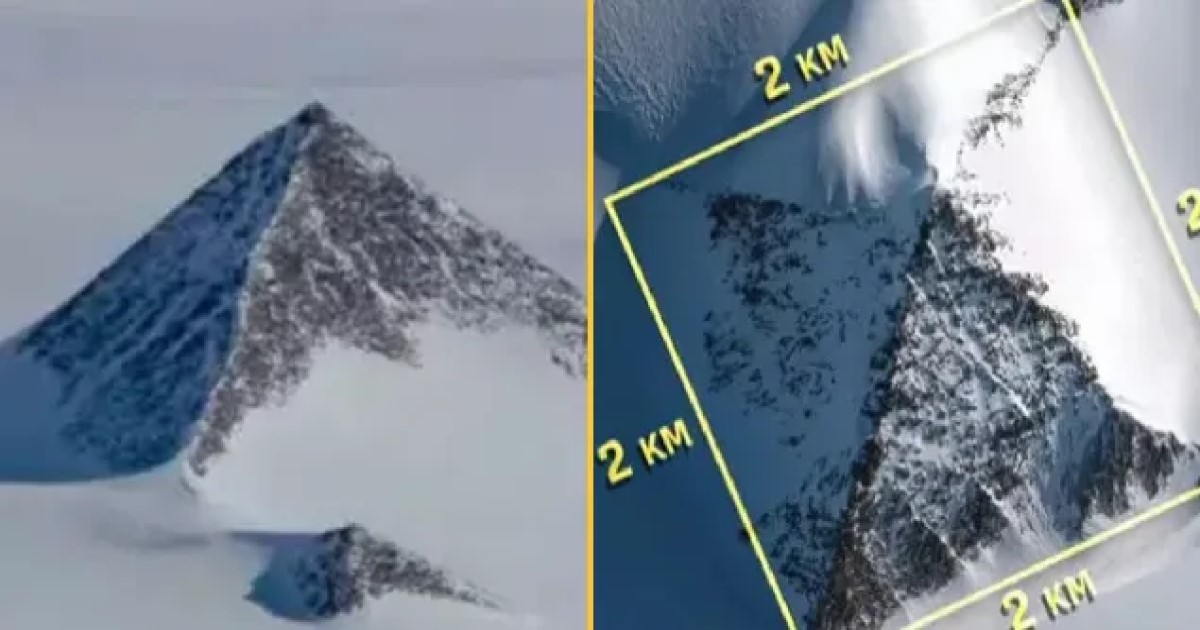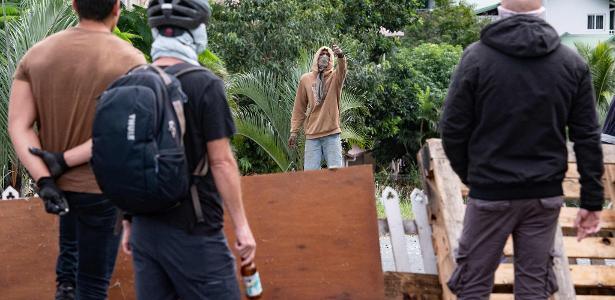
It is nothing new that Venezuela is trying to “seize” part of Guyana’s territory. The dispute became more acute after 2015, when ExxonMobil Corporation discovered large oil reserves in the territorial sea of Guyana.
In Venezuelan schools, children learn – by order of the dictator Nicolas Maduro – that 70% of the territory of Guyana (or 160 thousand square kilometers), in the area that includes Essequibo, located on the eastern border of Guyana, belongs to Venezuela.
The dispute ended in the International Court of Justice, based in The Hague, Netherlands. This month, Maduro suffered his first defeat in the case. The ICJ rejected Venezuela’s arguments for declaring the Guyanese defense “inadmissible”.
With the decision in place, the court will now proceed with hearings on the subject matter of the dispute, which was celebrated in Georgetown, the capital of Guyana. “We are confident that the court will confirm its former international border with Venezuela,” President Irfan Ali said in a statement.
With the case pending, Guyana Foreign Minister Robert Persaud asked Facebook and Twitter to remove maps showing Venezuela attached to a piece of Guyana.
The Venezuelan dictator has stated that the country will continue to claim sovereignty over the region. “We will continue to fight tirelessly and resolutely to defend respect for the historic Geneva Convention and the territorial integrity of our worthy nation,” Maduro wrote on Twitter. He added, “Essequibo is Venezuela!”
understand the story
The dispute is old and dates back to Venezuela’s independence from Spain in 1810.
Caracas argues that the region is part of its territory because, during the colonial period, it was part of the General Command of Venezuela.
After Spanish rule, the region was administered by the Dutch from 1648 and the United Kingdom from 1814.
In 1899, an arbitral award in a Paris court awarded sovereignty over the region to the British Empire.
In 1962, Venezuela sued the United Nations challenging the 1899 decision. In 1966, the year Guyana gained independence from the United Kingdom, the Geneva Convention was signed, which limited Guyanese control of the region, but recognized Venezuela’s challenge . The dispute was supposed to be resolved within four years, but it was not.

“Proud explorer. Freelance social media expert. Problem solver. Gamer.”





